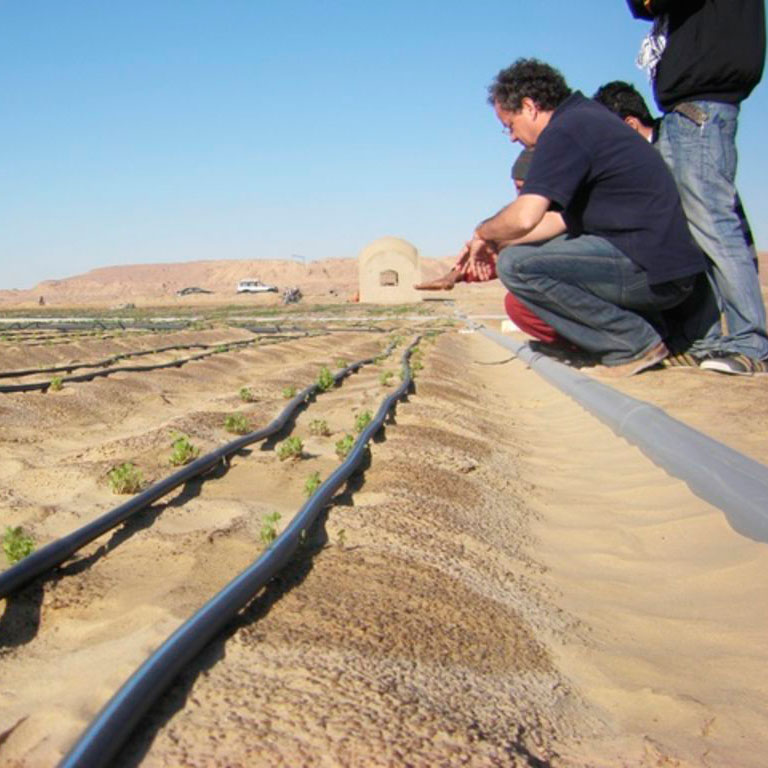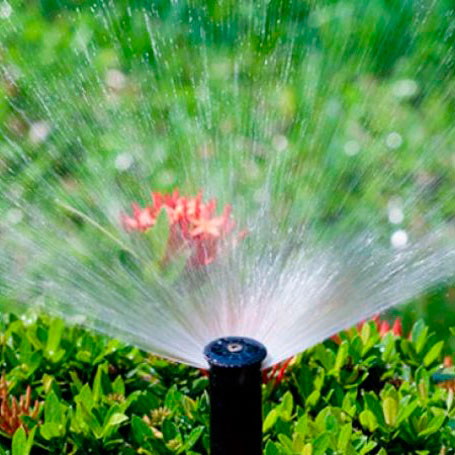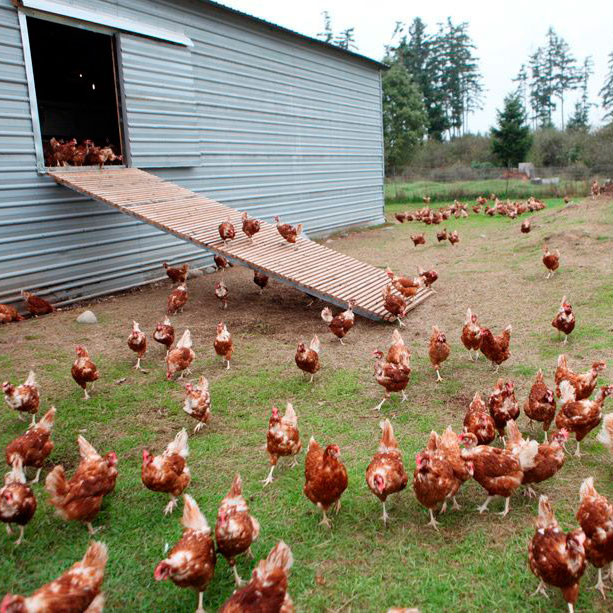In case you're not exactly prepared for a full rebuild, you can begin little by including farmhouse style components and enrichments recommended by kitchen countertops Bedford, NH.
 Light up your space with white cupboards and humble equipment
Light up your space with white cupboards and humble equipment Putting in new cupboards or repainting them to white, creme, or even beige shading will in a split second give your kitchen the splendid sentiment of a farmhouse kitchen. Numerous property holders decide to utilize milk paint, a non-poisonous and waterproof paint which delivers a one of a kind sort of finish that looks incredible in farmhouse kitchens.
Include some class with wood, marble, or soapstone ledges
Every one of the three of these are incredible ledge materials and look flawless in a farmhouse style kitchen. Anyway wood ledges, additionally called butcher square ledges, are frequently the most loved decision.
Wood is a significant material in farmhouse style kitchens, so butcher square ledge are a characteristic decision. In addition, it's low-upkeep, economical, and extraordinarily helpful.
Everybody cherishes a farmhouse sink
In the most recent decade, farmhouse sinks have been springing up in pretty much every style of kitchen. Now and again called a "cover sink", this flexible style looks stunning and is both wide and profound, making it unfathomably utilitarian.
Attempt open racking or glass front cupboards
Including open racking, an uncovered plate rack, or glass-front cabinetry is a cutting edge approach to bring some farmhouse style into your kitchen.
Include exemplary hardwood flooring and uncovered bars
A wood floor is an unquestionable requirement for any farmhouse kitchen – it just wouldn't appear to be identical or acheive the equivalent inviting old-farmhouse feeling with tile or marble. The sort of wood you use however – regardless of whether its recovered, outbuilding board, vintage, oak, or pecan – is up to you!
An island and enormous kitchen table bring a feeling of network
On the off chance that you have the room in your kitchen for an island, we enthusiastically prescribe this component. Despite the fact that not carefully a farmhouse style component, an island is an extraordinary method to empower that farmhouse sentiment of network and warmth in your kitchen.
Unite everything with the correct enhancements
While the enormous kitchen structure components will be the establishment of your style, what will truly change the space into the ideal farmhouse setting is the littler designs you fuse.
Here are a portion of our preferred farmhouse kitchen embellishment thoughts:
Artisan containers and glass canisters
Vintage intonations (wire containers, old teacups, vintage stools and seats)
New blossoms
Pot rack
White dishes
Wood utensils
Cover stockpiling rack
China cubby
Butcher squares
Material or cotton dishcloths
Keep in mind, maintain a strategic distance from over jumbling with an excessive number of beautifications. Also, to keep with the farmhouse subject, guarantee the things you remember for your space are useful and unmistakable. In particular, recall this is the chance to include your own character into your space.











